The Dark Horse (1932) Online
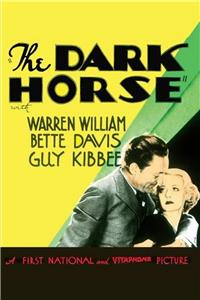
Zachary Hicks is nominated at the Progressive party's convention even though he has little chance of winning the governorship. Kay suggests the party bosses hire Hal Blake (whom she loves) as campaign manager. Hal is in jail for falling behind in his alimony payments to Maybelle, but Kay convinces the politicians to seem him in prison, Impressed with the speech they hear him deliver to a cellmate, the committee pays Hal's fine and back alimony payments. Hal takes on the campaign and several marital arrangements.
| Complete credited cast: | |||
| Warren William | - | Hal Samson Blake | |
| Bette Davis | - | Kay Russell | |
| Guy Kibbee | - | Zachary Hicks | |
| Vivienne Osborne | - | Maybelle Blake, Hal's ex-wife | |
| Frank McHugh | - | Joe | |
| Sam Hardy | - | Mr. Black | |
| Harry Holman | - | Mr. Jones | |
| Charles Sellon | - | Mr. Green | |
| Robert Emmett O'Connor | - | Sheriff (as Robert E. O'Connor) | |
| Berton Churchill | - | William A. Underwood | |
| Robert Warwick | - | Mr. Clark |
The Abraham Lincoln speech referred to in this movie wasn't a speech at all, but a published letter from Lincoln. It was his first announcement of running for political office. He was just 23 years old at the time and was a newcomer to Illinois - having moved there in 1830. He was running for a seat in the Illinois General Assembly. The letter was printed March 9, 1832, in the Sangamo Journal of Springfield, IL. The letter is lengthy and describes Lincoln's views on public improvements, navigation of the Sangamon River, and education.
The words, supposedly plagiarized in this movie from a Lincoln speech, were at the end of the last paragraph in his long letter. They read, "I am young and unknown to many of you. I was born and have ever remained in the most humble walks of life. I have no wealthy or popular relations to recommend me. My case is thrown exclusively upon the independent voters of this county, and if elected they will have conferred a favor upon me, for which I shall be unremitting in my labors to compensate. But if the good people in their wisdom shall see fit to keep me in the back ground, I have been too familiar with disappointments to be very much chagrined." The letter was signed, "Your friend and fellow-citizen, A. Lincoln, New Salem, March 9, 1832.
Here are the lyrics that Hal Blake wrote for the Hicks campaign song while in jail. They are sung to the tune of "East Side, West Side." - "Up state, down state, cities and the sticks, The voters yell for a change, And babies cry for Hicks! Boys and girls together, Toms and Harrys and Dicks, Climb the big band wagon, While they cast their vote for Hicks!"
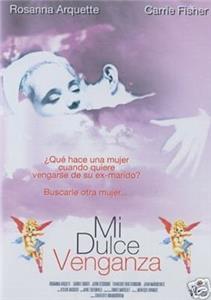
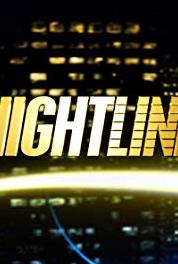

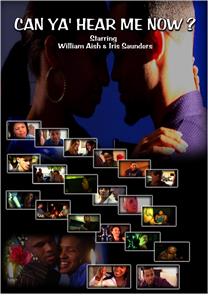

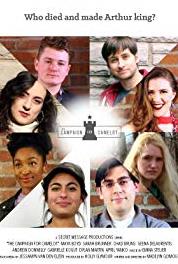
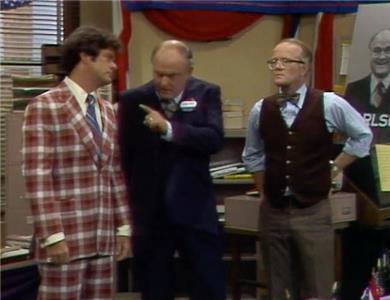
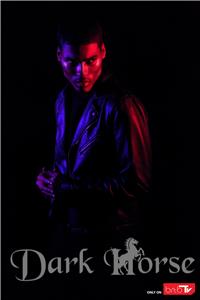
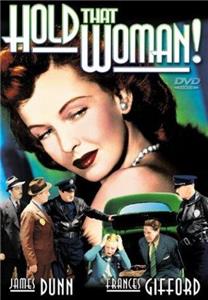
User reviews